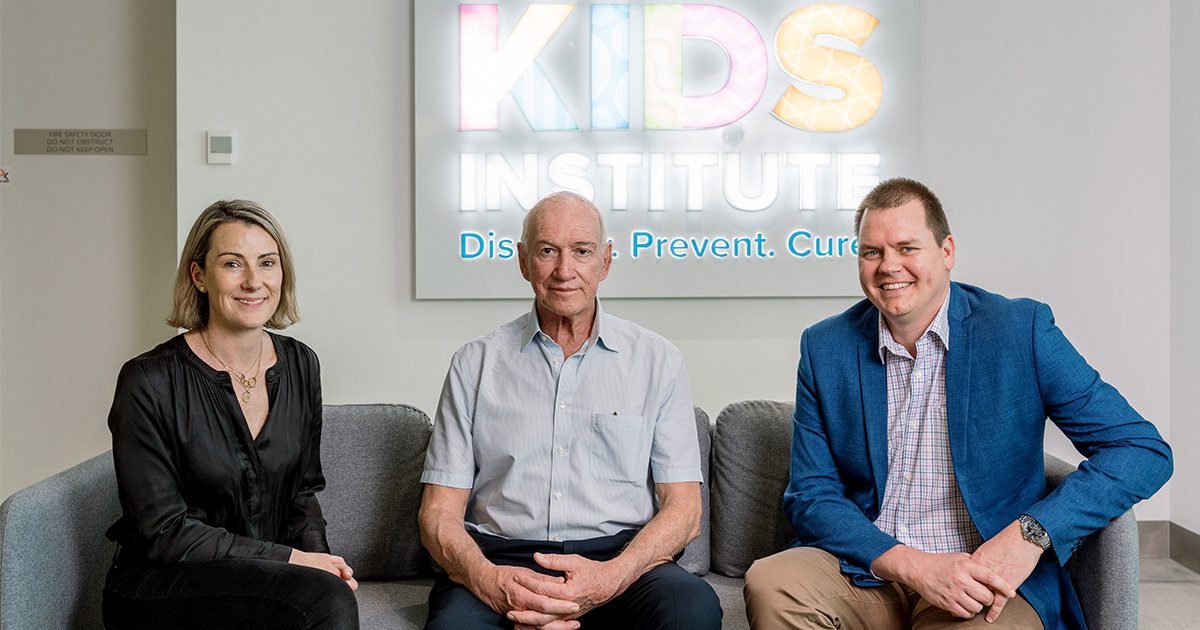Search
To examine follow-up outcomes at corrected postnatal age (cPNA) 2 years of preterm infants previously enrolled in an RCT and treated with IN-REC-SUR-E or IN-SUR-E in 35 tertiary neonatal intensive care units.
Biodiesel, a renewable diesel fuel that can be created from almost any natural fat or oil, is promoted as a greener and healthier alternative to commercial mineral diesel without the supporting experimental data to back these claims. The aim of this research was to assess the health effects of acute exposure to two types of biodiesel exhaust, or mineral diesel exhaust or air as a control in mice.
Non-invasive and sensitive clinical endpoints are needed to monitor onset and progression of early lung disease in children with cystic fibrosis (CF). We compared lung clearance index (LCI), FEV1, functional and structural lung magnetic resonance imaging (MRI) outcomes in Swiss children with CF diagnosed following newborn screening.
This document updates the 2005 European Respiratory Society (ERS) and American Thoracic Society (ATS) technical standard for the measurement of lung volumes. The 2005 document integrated the recommendations of an ATS/ERS task force with those from an earlier National Heart, Lung, and Blood Institute workshop that led to the publication of background papers between 1995 and 1999 and a consensus workshop report with more in-depth descriptions and discussion.
Belaynew Christopher Peter Hannah Minda Huong Taye Blyth Richmond Moore Sarna Le MD, MPH, PhD MBBS (Hons) DCH FRACP FRCPA PhD MBBS MRCP(UK) FRACP OAM

A The Kids Research Institute Australia spin-off company, Inspiring Holdings Pty Ltd (Inspiring), has been announced as winner of the Wesfarmers Wellbeing Platinum Award in the prestigious WA Innovator of the Year awards for their novel Universal Spacer System – a device which improves the delivery of inhaled dru

A ground-breaking global clinical trial to improve the lifelong lung health of children born extremely prematurely has been awarded a Medical Research Future Fund (MRFF) International Clinical Trials Collaborations Grant totalling almost $3 million.

Valuable support from the Stan Perron Charitable Foundation will enable The Kids Research Institute Australia researchers to commence projects on topics ranging from disability, mental health and lung disease to diabetes, Aboriginal leadership, and the development of child-focused pandemic policies.

Four The Kids Research Institute Australia researchers have received prestigious fellowships and four significant cohort studies led or co-led by The Kids have received key grants under two new funding programs supported by the State Government’s Future Health Research and Innovation (FHRI) Fund.

Respiratory disease remains one of the most significant complications of preterm birth, with lasting consequences.
